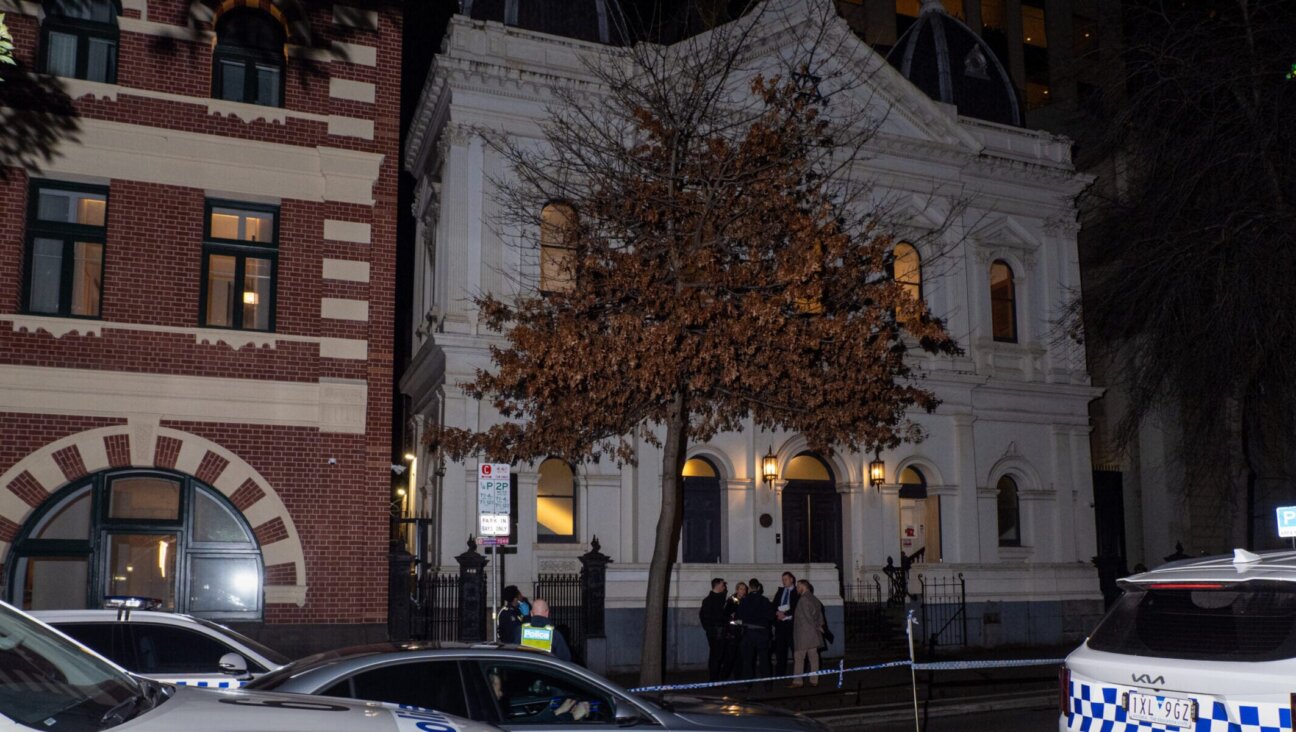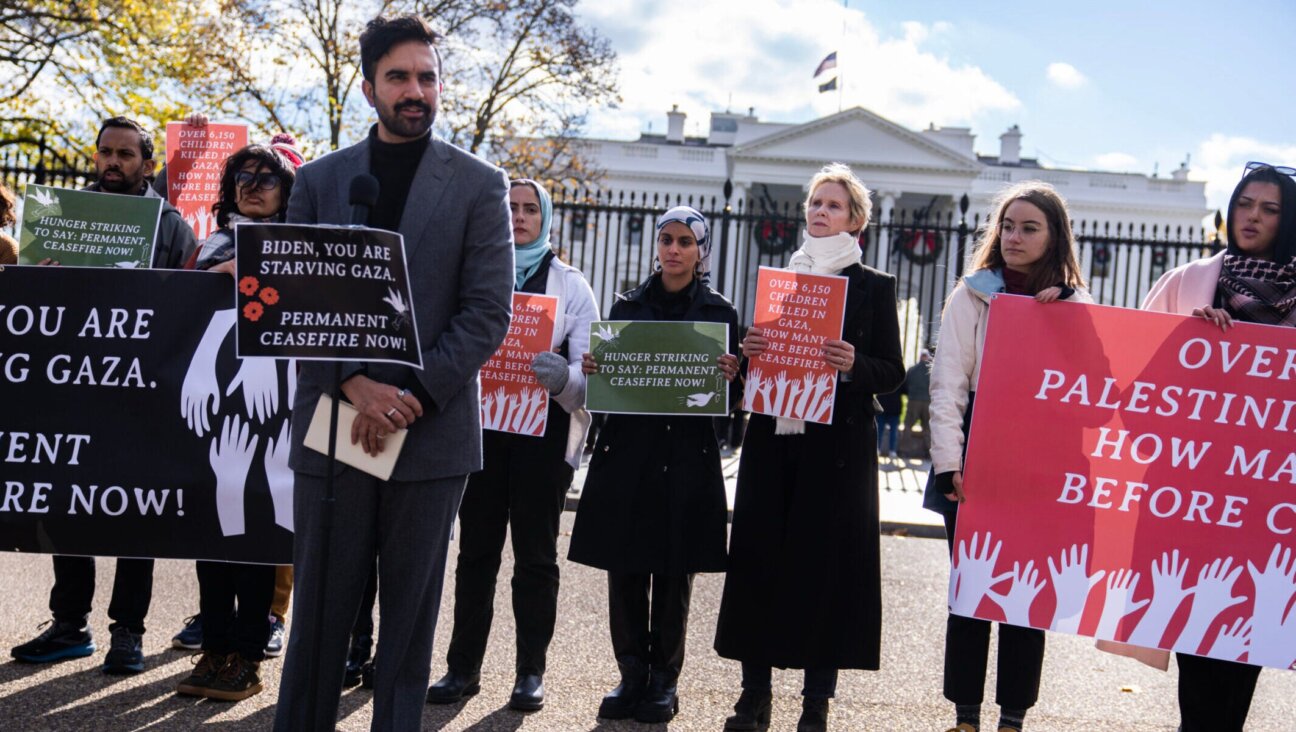Arabs Offer Palestinians $100M a Month as Financial Safety Net
Arab states agreed to provide the Palestinian Authority with a $100 million monthly “financial safety net” to help President Mahmoud Abbas’s government cope with an economic crisis after the United Nations granted de facto statehood to Palestine.
Israel has responded to the Nov. 29 U.N. vote by ordering 3,000 Jewish settler homes be built in the occupied West Bank and announced it would hold back payments of customs duties it collects on behalf of the Palestinians to pay an outstanding electricity bill.
In a statement on Sunday after a meeting in Doha, Arab foreign ministers called for the immediate implementation of a resolution passed at an Arab summit in Baghdad in March, which called for the provision of a $100 million monthly safety net.
The statement did not give details of how the money would be paid or who would pay, but Arab League Secretary-General Nabil Elaraby said a mechanism has been agreed.
“The mechanism is that the chair of the committee (Qatar) and the secretary-general will contact each country with the exact amount they have to pay,” Elaraby told Reuters after the meeting. “I said I want an answer in 15 days,” he added.
Israel and the United States opposed the U.N. General Assembly’s upgrade of the Palestinians’ status to “non-member state”, saying Abbas should instead resume peace talks that collapsed in 2010 over Israeli settlement-building.
The World Bank and the International Monetary Fund said in September that a gathering crisis in the Palestinian economy would worsen unless foreign funding increased and Israel eased long-standing curbs on development.
In a separate report, the World Bank also forecast a $1.5 billion Palestinian budget deficit for 2012, with donor funds expected to cover only $1.14 billion of this shortfall.
Last Thursday, the Palestinian cabinet said at a meeting in the West Bank city of Ramallah that $240 million were needed every month to meet demands arising from the Israeli decision to stop customs revenues transfers and the failure of donors to transfer previously pledged funds.
The Palestinian Authority exercises limited self-rule in the West Bank and receives most of its aid from the United States, the European Union and Arab states.
But over the past several years there has been a shortfall in aid coming from Arab states resulting in the PA being unable to pay salaries to its 153,000 civil servants on time on several occasions. The administration has yet to pay November salaries following Israel’s decision to withhold money transfers.
The Arab ministers also called for convening of a donors’ conference to discuss ways to support the Palestinian people in the West Bank and discuss reconstruction in the Gaza Strip.
Qatar’s ruler, Sheikh Hamad bin Khalifa al-Thani, pledged $400 million to help develop Gaza during a visit there in October. But recent fighting between Gaza’s Hamas rulers and Israel has caused further destruction to the territory, requiring more funds for reconstruction.




















